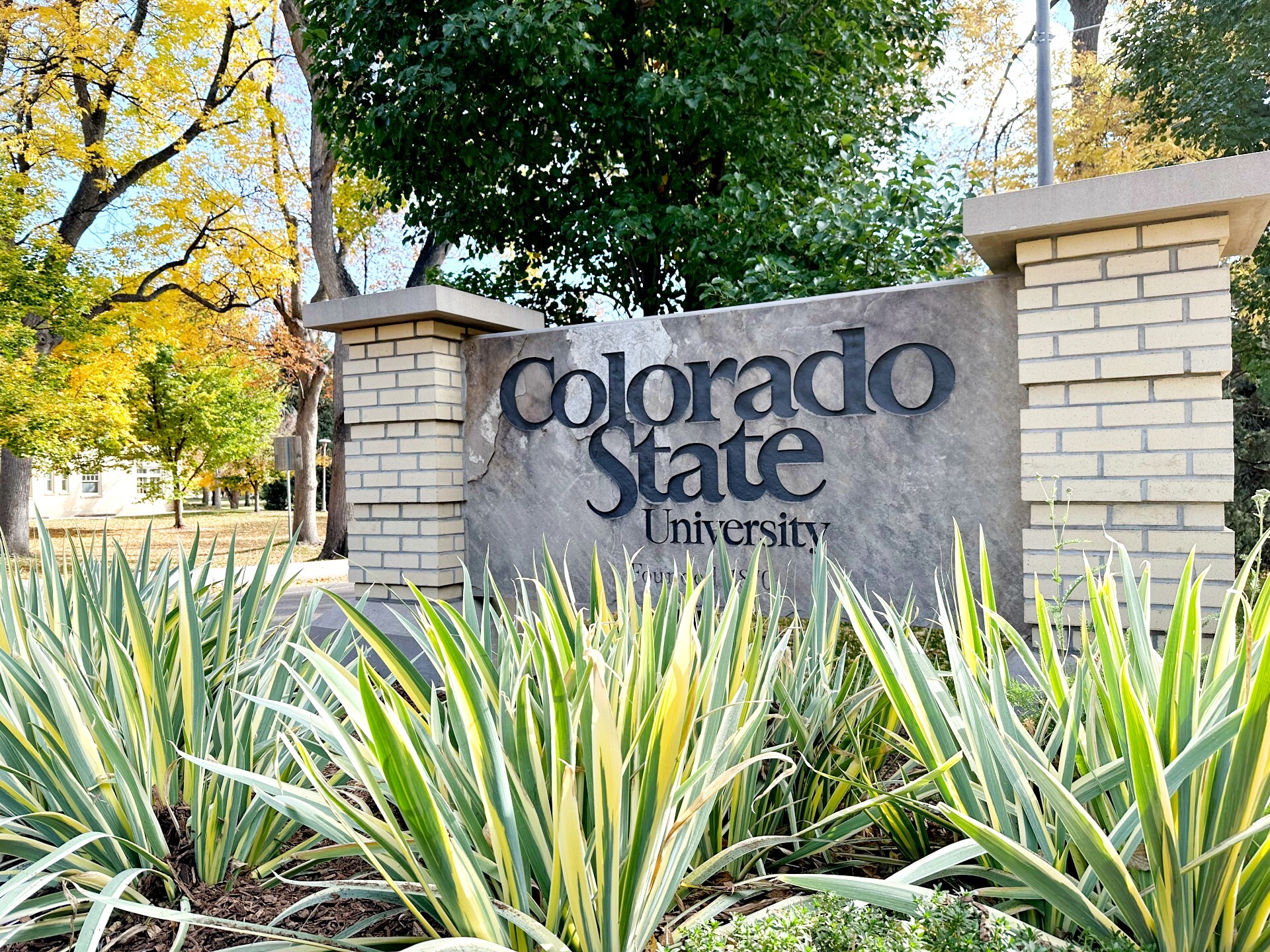
Another Colorado judge has ordered federal immigration agents to stop making civil immigration violation arrests in courthouses.
Amanda C. Hopkins, chief judge of the 12th Judicial District for six south central Colorado counties, issued an administrative order Tuesday barring anyone from making civil detentions in the district’s courthouses.
“Effecting civil arrests against people attending to court matters has several consequences to the court’s constitutionally-mandated administration of justice,” Hopkins wrote in the order. “Civil arrests have a chilling effect not only on criminal defendants’ presence at their hearings, but also on victims reporting crimes.”
Colorado law prohibits arrests for civil violations at courthouses: “[A] person shall not be subject to civil arrest while the person is present at a courthouse or on its environs, or while going to, attending, or coming from a court proceeding.”
Despite that, Immigration and Customs Enforcement agents reportedly used public court documents to identify people who may be in the country without authorization, then target them for detention and possible deportation by picking them up at court.
The action can disrupt courthouses and deprive victims in criminal cases of justice if the defendant is deported before their criminal case is resolved.
President Donald Trump has ordered ICE to aggressively pursue people who are not lawfully present in the U.S. and have been charged with crimes, regardless of the status of those criminal cases.
But in most cases, being in the U.S. without authorization on a first offense is a civil violation, not a criminal one.
In April, 9th Judicial District Chief Judge John Neiley for Garfield, Pitkin and Rio Blanco counties issued a similar order after ICE attempted to detain several people in that district’s courthouses. Hopkins’ district includes Alamosa, Conejos, Costilla, Saguache, Mineral and Rio Grande counties.
ICE did not immediately respond to emailed questions about the latest order or say whether they intended to comply.
If they don’t, Hopkins made it clear that they could face consequences.
“Any agency wishing to effect a civil arrest of any person may not do so at a courthouse in the 12th Judicial District nor on its environs, including those buildings wherein the courthouse shares space with other county offices, where court business is conducted in a non-traditional space, or where behavioral health or other court-ordered treatment services are provided as defined above,” Hopkins wrote. “Any person who violates … may be subject to contempt of court proceedings and/or be liable for damages in a civil action for false imprisonment.”








